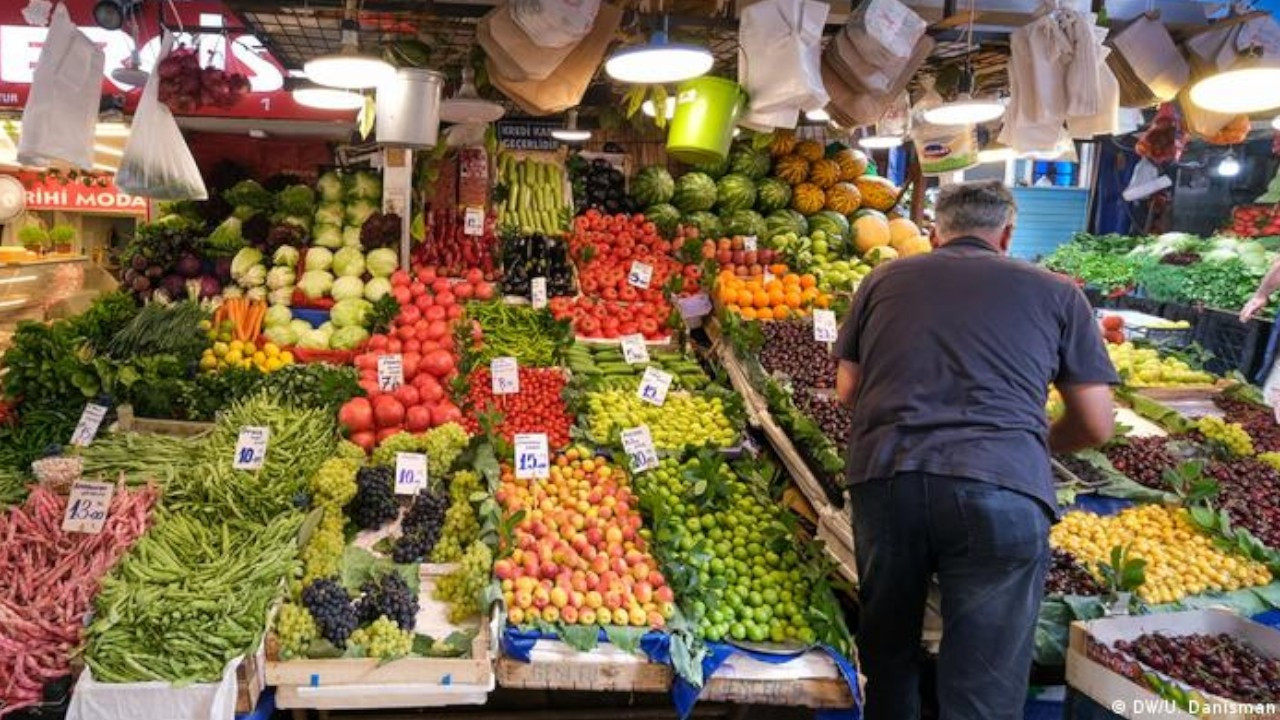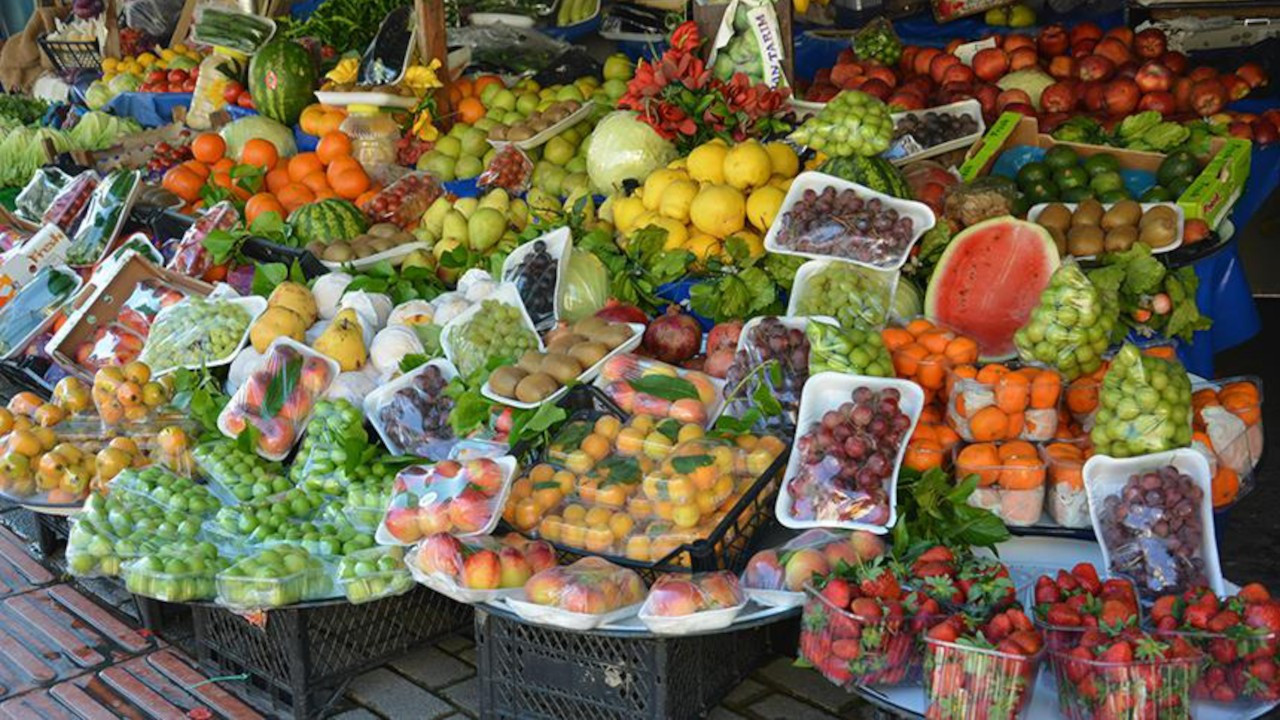Turkey leads EU importers in pesticide residues
Turkey became the leading EU importer country as the number of Turkey-based pesticide residues reports reached 430 for 2022. Turkish Agriculture and Forestry Ministry’s data found a 40-pct increase in agricultural pesticides in the last 10 years with levels surpassing 55,000 thousand tonnes in 2022, according to reporting by DW Turkish.
Duvar English
Turkey topped the exporter countries to the European Union (EU) in pesticide residues detected in fruits and vegetables sold to the Union, the annual report of the Rapid Alert System for Food and Feed network (RASFF) of the EU revealed.
According to the report, Turkey-based pesticide residues reports escalated to the RASFF reached 430, involving fruits and vegetables.
The European Commission publicly reports food safety concerns detected during food and feed controls through the RASFF. Imports from Turkey led in the number of pesticide residue reports.
In 2022, the system also published 299 recurrent notifications for pesticide residues on Turkey-based products.
In 2022, the RASFF reported most heavily on products including peppers, citrus, grapes, vine leaves, eggplants, zucchinis, tomatoes, watermelons, and pears. The most widely detected pesticides include chlorpyrifos and chlorpyrifosmethyl.
Turkish Agriculture and Forestry Ministry’s report revealed that the Mediterranean provinces of Antalya, Manisa, and Mersin used pesticides the most in the country, Deutsche Welle Turkish reported on Oct. 6.
The European Food Safety Authority banned Chlorpyrifos in 2016, and Turkey simultaneously complied. The ban is poorly enforced, as these pesticides are still found in produce.
Turkey still widely uses pesticides banned by EU regulations. EU screenings on imported produce from Turkey commonly reveal the extent of pesticide use in the country.

 EU rejects fruits from Turkey due to harmful pesticide residues Domestic
EU rejects fruits from Turkey due to harmful pesticide residues Domestic Expert questions whether Turkey disposed of produce rejected by EU over harmful pesticidesEnvironment
Expert questions whether Turkey disposed of produce rejected by EU over harmful pesticidesEnvironment Account owner informing public about food ingredients temporarily detained at airport upon Ülker’s complaintDomestic
Account owner informing public about food ingredients temporarily detained at airport upon Ülker’s complaintDomestic